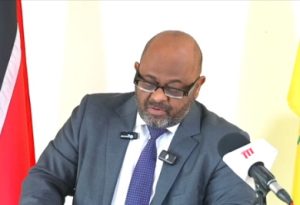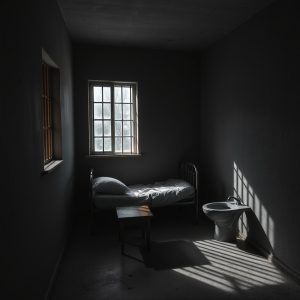By Sue-Ann Wayow
MINISTER of Tourism, Culture and the Arts Randall Mitchell is asking for clarification as it relates to photographers taking pictures of members of the public and publishing them without their consent even at Carnival events.
Mitchell on Friday raised the issue at the Special Select Committee (SSC) of the Senate. The Joint Select Committee was discussing the Sexual Offences (Amendment) (No 3) Bill, 2021.
He requested, “Could you please submit to us the law as it relates to photography in a public place, if you can?”
The minister asked whether photographers were permitted to take photos of someone in public spaces without permission as some persons may be intoxicated during certain events.
Mitchell asked CreativeTT director Dionne McNicol-Stephenson if they play a role in determining the professional standards of photographers.
McNicol-Stephenson responded, “At this point we do not. We have been approached by two associations that represent photographers in T& T. Unfortunately, our budgetary allocation does not allow us to engage in the study that they have requested be put forward, so at this point we do not represent them in that way. But we do recognise their importance and impact in the creative industries.”
Mitchell asked about the professional photographers’ standards relating to the use of photos since some of them have commercial studios.
Mitchell said, “You would appreciate that photographers, some of them have commercial studios and they take photographs of paying persons; pregnancy photographs, photographs in bath
suits, in skimpy underwear, and I’m not sure whether they are aware that before they take and they share… because some of these professional photographers they share on their pages in advertisement of types of work that they can produce… that they need the consent of those who they photograph.”
He added, “Or there may now be situations where a photographer may be photographing an event, Carnival or fete or otherwise, where there may be persons who are skimpily clad or otherwise become skimpily clad, perhaps they are inebriated and they’re unable to give consent and the photographers may take photographs and may publish.”

He also made the point that with access to cellphones that “everybody is a photographer now”
Mitchell asked, “ Do you see a role for CreativeTT in a sensitisation campaign, once this bill is promulgated, in ensuring that photographers know that this law now applies to them, with respect to the taking and sharing of photographs?”
McNicol-Stephenson emphasised that CreativeTT’s will be ensuring that all industry’s practitioners will be made aware of all the legislation that they will be impacted by.
She said that usually around Carnival time, there were workshops and webinars targeted at photographers, speaking to them about the accreditation by the National Carnival Commission (NCC) for taking pictures as well as intellectual property issues that arise out of photography, particularly during the Carnival season.
![]()











